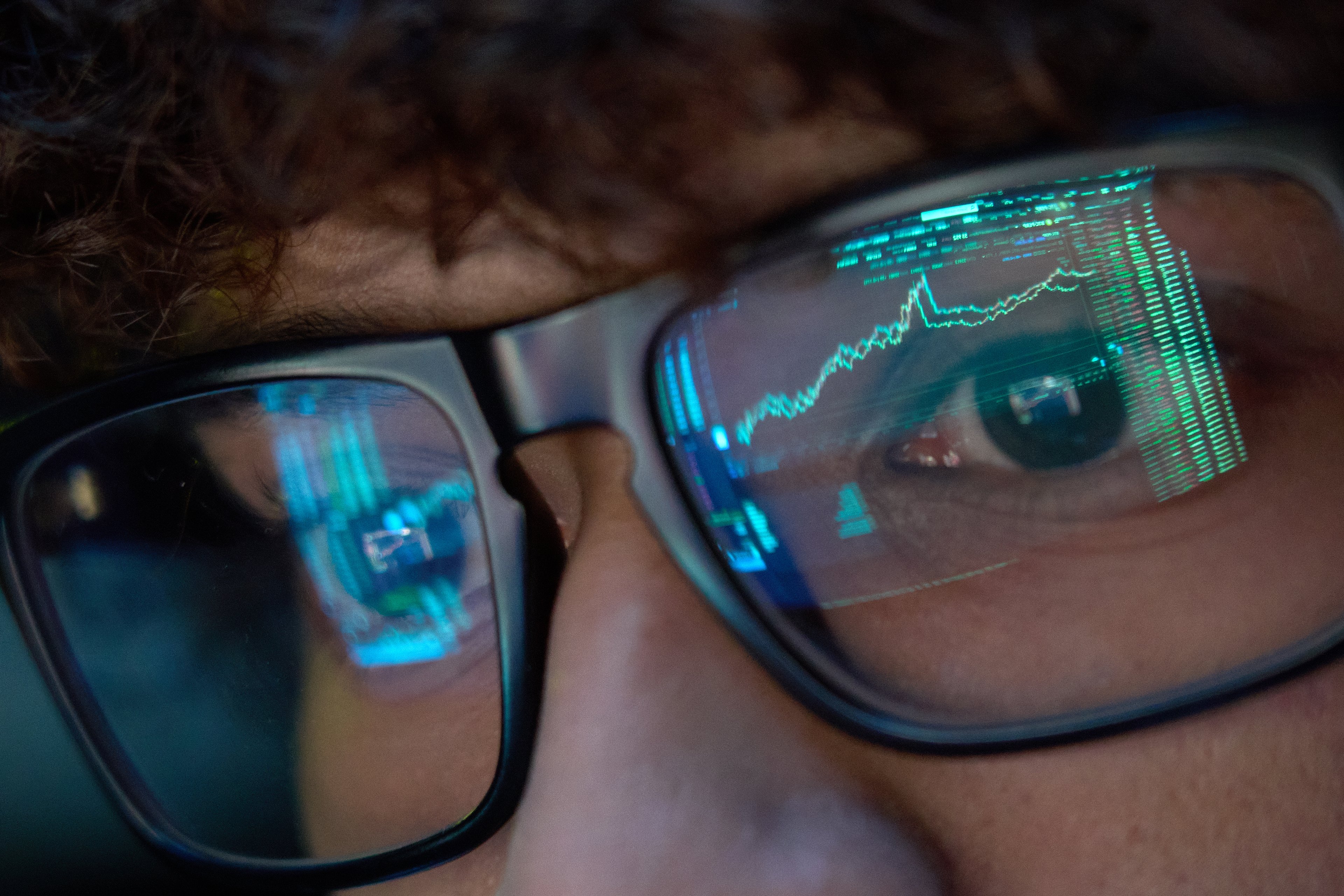Borrowing heavily to become the world's leading generic drug company just as generic drug prices began tanking has been tough on Teva Pharmaceutical Industries (TEVA 1.82%). This drugmaker suffered plenty of headaches last year, and long-term shareholders know the stock was worth more than twice as much a decade ago.
Teva's recently approved migraine prevention treatment, Ajovy, isn't the first drug of its class, but it is the first of its kind that can be injected just four times per year. Let's see if Ajovy has what it takes to help Teva deliver gains for investors from here on out.

Image source: Getty Images.
Time to catch up
Ajovy prevents migraine headaches by targeting the calcitonin gene-related peptide (CGRP), and it isn't the first of its kind to earn an approval. The Food and Drug Administration green-lighted Aimovig from partners Amgen (AMGN +0.18%) and Novartis (NVS +0.94%) in May, and by August, weekly prescriptions data prompted a Leerink analyst to predict $480 million in 2019 sales.
While $480 million during a first full year is impressive, CGRP drugs as a whole are expected to rack up a combined $4.5 billion in 2022. Teva's thinks its Ajovy is on even footing with Aimovig's and gave it the same $6,900 annual price tag that Amgen and Novartis slapped on their drug. Both carry a $575 per month list price, but only Ajovy comes with an option to receive three consecutive doses at once.
We really can't say one drug is better than another without a head-to-head trial, but Ajovy looks like it can hold its own with Aimovig in terms of safety and efficacy. During a study with patients that suffer from less than 15 migraines per month, those given Ajovy monthly were 71% more likely than those in the placebo group to report less than half as many migraine headaches as before.
During a similar study with Aimovig, those given a higher dose of Amgen's drug were 88% more likely to report a 50% or better drop in monthly migraines. The biggest problem for both drugs was injection site reactions that led to around 1% of patients taking either drug to quit their studies early.

Image source: Getty Images.
Look out ahead
At the moment, it looks like Ajovy could generate $1 billion for Teva in 2020, but it won't be easy. In addition to Amgen and Novartis, the company could have to contend with a drug from Eli Lilly (LLY +0.52%) that the FDA is largely expected to approve within the next few weeks.
Earlier this year, Eli Lilly reported its CGRP drug called Emgality led to a significant reduction of weekly episodic cluster headaches, which are even worse than migraines, and harder to treat. While Emgality is under review for the prevention of episodic migraines, you can be sure those with cluster headaches will want to try it. Teva's conducting a similar study but doesn't expect results until next February.
Teva's top-selling product, Copaxone, has been hammered by generic competition recently, but there's a silver lining here for new investors. Copaxone sales are now less than half that of its generic drugs segment, and now that sales of the multiple sclerosis treatment are on pace to generate just $1.8 billion this year Ajovy has a chance to offset further Copaxone losses.
A buy now?
Ajovy could help Teva's top line return to growth, but that isn't the only reason to buy the stock right now. Teva shares have also been trading at just 6.3 times free cash flow, which means they can probably beat the overall market by a mile if profits simply don't fall very far in the years ahead.

Image source: Getty Images.
Generic drug prices have come down in recent years, but demand for medicines isn't falling by any measure. In fact, aging demographics in the U.S. and other developed nations are expected to drive sales of generic drugs steadily higher. Teva's European generic drug segment reported a $346 million profit during the second quarter that was 58% higher than during the previous-year period.
As the world's largest manufacturer of generic drugs, there's a good chance that if any company makes money selling them in the years ahead, odds are it's going to be Teva. That's probably why Warren Buffett's holding company Berkshire Hathaway been buying the stock recently.
The company generated $3.8 billion in free cash flow over the past year, and since suspending its dividend program, Teva's been sending nearly all of its profits toward an enormous debt burden that finished June at $30.2 billion. Once the company's balance sheet is a bit less frightening, it can finally send that free cash flow to investors in the form of a very large dividend.
It might be a while before the rest of the market catches on, but this stock looks like a bargain worth buying right now.









